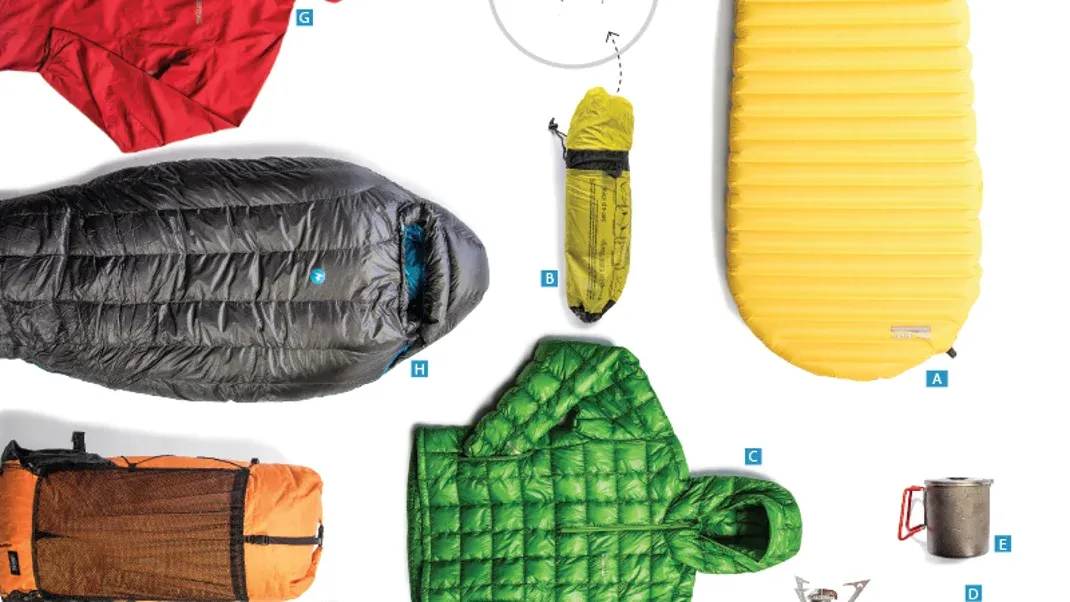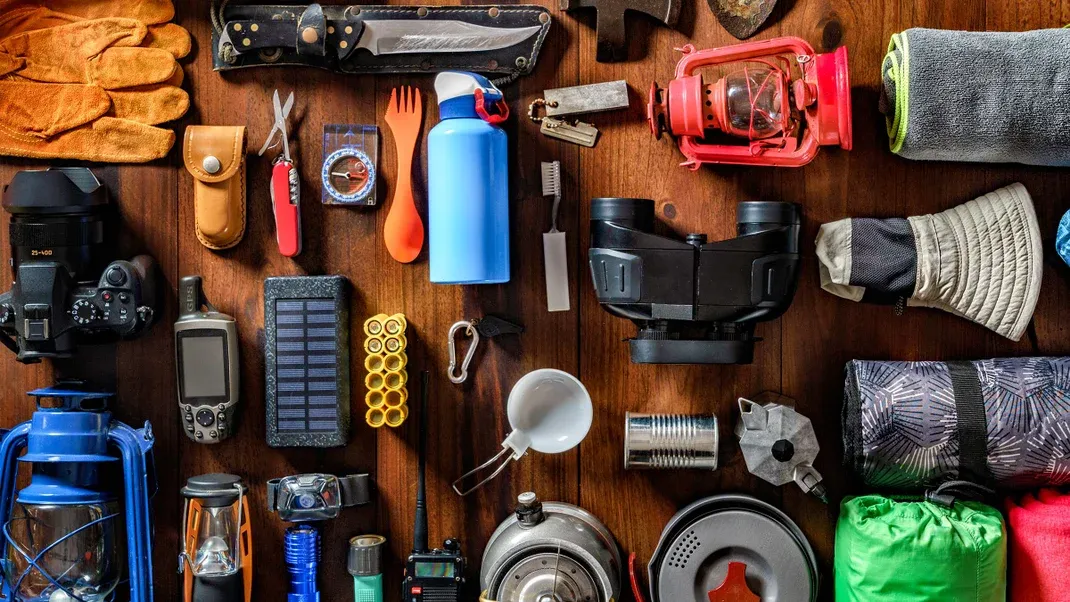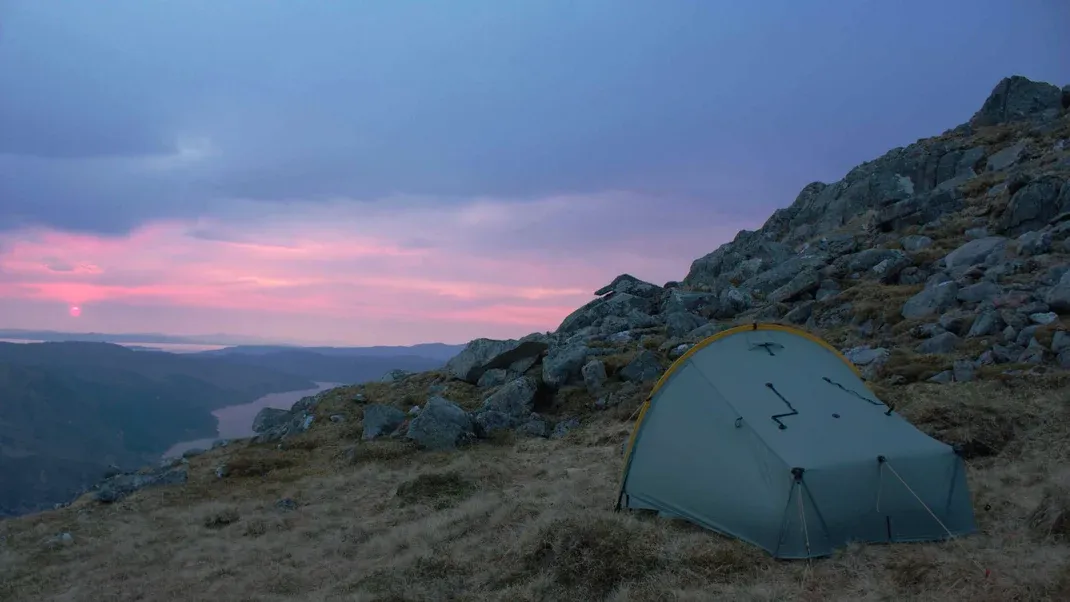Ultralight Backpacking: Do's and Don'ts
Ultralight backpacking is a minimalist approach to hiking and camping, focusing on reducing the weight of your gear to the bare essentials. The key "do's" of ultralight backpacking include carefully selecting lightweight, multi-purpose gear, packing only what is necessary, and planning meals and water consumption efficiently. "Don'ts" include carrying unnecessary items, overpacking, and neglecting safety and comfort. Ultralight backpacking allows for greater freedom and mobility on the trail, but requires careful planning and consideration of each piece of gear. By following these do's and don'ts, hikers can enjoy a more comfortable and enjoyable outdoor experience while minimizing their impact on the environment.

Ultralight backpacking is a popular trend in the outdoor community that focuses on minimizing the weight of gear and supplies in order to maximize enjoyment and efficiency on the trail. By carrying less weight, backpackers are able to move more quickly and easily, allowing them to cover greater distances and enjoy the natural beauty of the wilderness without feeling bogged down by heavy loads. However, ultralight backpacking is not without its challenges and considerations. Understanding the do's and don'ts of ultralight backpacking is essential for a successful and enjoyable experience.
Do's:
1. Research and Plan Carefully: Before embarking on an ultralight backpacking trip, it's important to thoroughly research the area you will be hiking, as well as the potential weather conditions and terrain. Plan your route, and make sure to familiarize yourself with any regulations or restrictions in the area. Proper planning will help ensure a safe and enjoyable trip.
2. Invest in Lightweight Gear: The key to ultralight backpacking is carrying gear that is lightweight and compact. Invest in high-quality, lightweight equipment such as a lightweight tent, sleeping bag, and backpack. Look for gear made from ultralight materials such as cuben fiber, silnylon, or titanium to keep weight to a minimum.
3. Pack Smart: When packing for an ultralight trip, it's important to prioritize the essentials and leave behind unnecessary items. Choose multi-purpose gear and pack only what you need for the specific trip. Consider the weight of each item and opt for lightweight alternatives whenever possible.
4. Embrace a Minimalist Mindset: Ultralight backpacking is all about embracing a minimalist mindset. Leave behind unnecessary luxuries and focus on the essentials. Prioritize function over comfort and embrace the simplicity of living with less.
5. Stay Organized: Keeping your gear organized is essential for a successful ultralight backpacking trip. Use lightweight stuff sacks or packing cubes to keep your gear neatly organized and easily accessible. This will help you stay efficient on the trail and minimize the time spent searching for items in your pack.
6. Practice Leave No Trace Principles: When practicing ultralight backpacking, it's important to minimize your impact on the environment. Always adhere to Leave No Trace principles, and pack out all of your trash. Respect wildlife and natural habitats, and leave the wilderness as you found it.
Don'ts:
1. Sacrifice Safety for Weight Savings: While it's important to minimize weight, it's equally important to prioritize safety on the trail. Don't sacrifice essential safety gear such as a first aid kit, navigation tools, or emergency supplies in the name of ultralight backpacking. Always be prepared for unexpected situations and prioritize your safety and well-being.
2. Skimp on Quality: When it comes to ultralight gear, it can be tempting to opt for the cheapest options in order to save weight and money. However, sacrificing quality for weight savings can lead to gear failure and discomfort on the trail. Invest in high-quality, durable gear that will stand up to the rigors of the trail.
3. Forget to Consider Comfort: While ultralight backpacking may prioritize weight savings, it's important not to forget about comfort. Prioritize gear that will keep you warm, dry, and comfortable on the trail, and don't sacrifice essential comfort items such as a sleeping pad or a warm, insulated jacket.
4. Overlook Nutrition and Hydration: Proper nutrition and hydration are essential for staying healthy and energized on the trail. Don't skimp on food and water in an effort to save weight. Pack lightweight, high-calorie foods and ample water to keep you fueled and hydrated throughout your trip.
5. Ignore Environmental Considerations: Ultralight backpacking often involves traveling through fragile and remote wilderness areas. It's important to be mindful of the environmental impact of your trip and to minimize your footprint as much as possible. Don't ignore environmental considerations, and always strive to minimize your impact on the natural world.
6. Forget to Test Your Gear: Before heading out on an ultralight backpacking trip, it's important to thoroughly test your gear to ensure that it meets your needs and performs as expected. Don't wait until you're on the trail to discover that your gear is uncomfortable, unreliable, or inadequate.
In conclusion, ultralight backpacking offers a unique opportunity to explore the wilderness with greater freedom and agility. By following the do's and don'ts of ultralight backpacking, you can ensure a safe, enjoyable, and sustainable outdoor experience. Embrace a minimalist mindset, invest in lightweight gear, and prioritize safety and comfort to make the most of your ultralight backpacking adventures.




